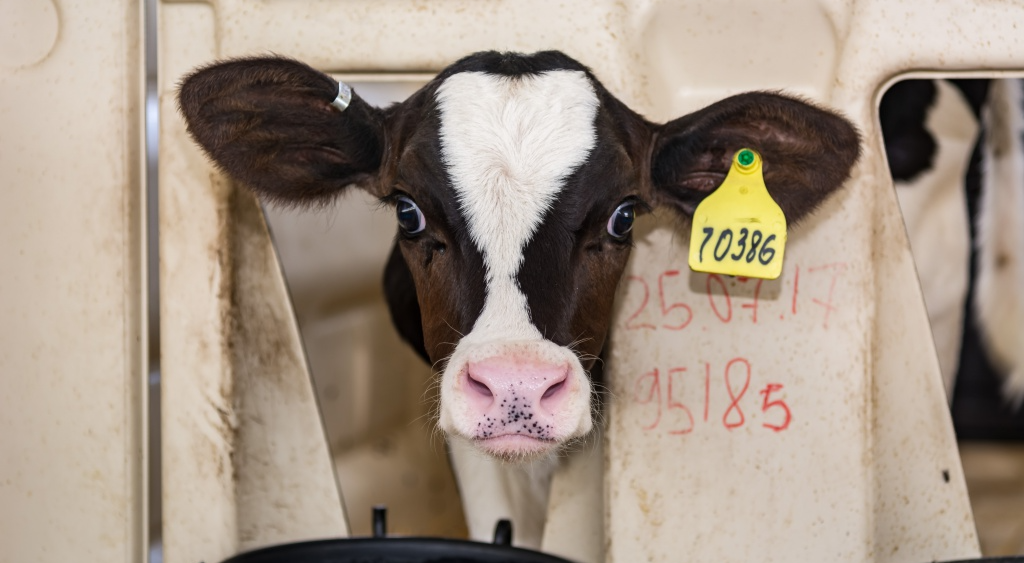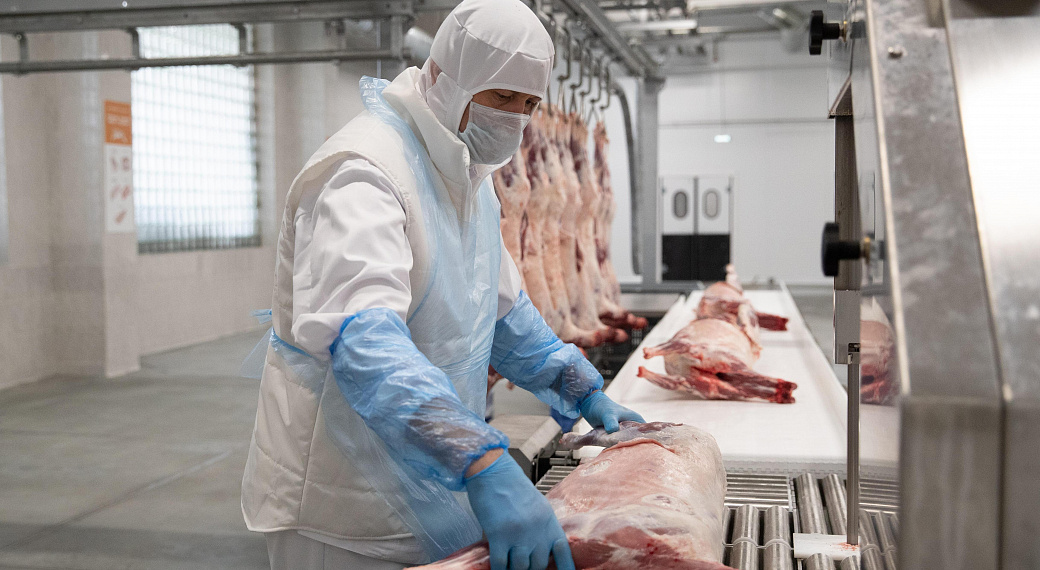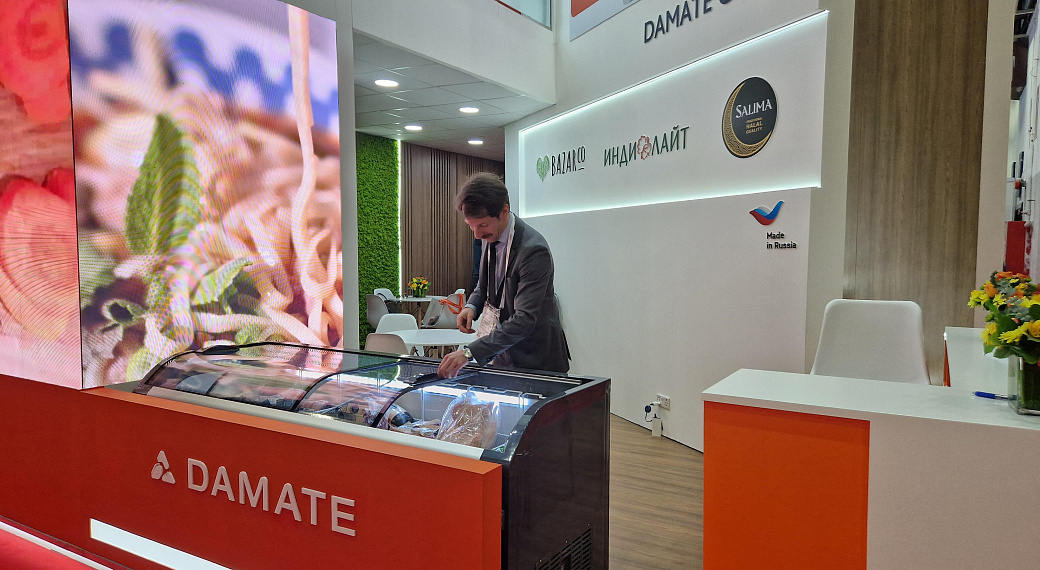Damate has implemented embryo transfer technology on a farm in Tyumen region

Damate Group has launched a project to introduce an embryo transfer on the basis of a dairy complex in Tyumen region. The company has already performed more than 100 operations for the transplantation of cattle embryos and received results at the level of European indicators.
The transplantation of elite embryos can lead to the creation of a highly productive herd within three years. With the traditional method of fertilization (artificial insemination), a cow can reproduce no more than one genetically valuable calf per year, and the use of an embryo transfer will allow maximizing the number of offspring from one female annually.
The method allows quickly accumulate high-quality genetic biomaterial, which is very beneficial from the point of view of import substitution. The development of innovative technology in Russia will reduce dependence on the import of genetic material.
Damate started work on preparation for receiving and transplanting embryos by in vitro* method at the end of 2021. 58 Holstein heifers at the age of 10-12 months with the highest milk yield rates, valuable breeding qualities, and no abnormalities in DNA were selected as donors. In the company’s own specially created laboratory, the specialists selected biomaterial from donors and fertilized it with the seed of top American bulls. Next, the biomaterial underwent incubation and cultivation. On the 6-7 day of cultivation, the embryos are already at the suitable for transplantation stage. As a result of cultivation, 262 oocytes** were obtained.
More than 100 females aged at least 12 months were selected for embryo transplantation. In addition, Damate specialists also performed transplantation to cows of the first lactation. The remaining embryos were cryopreserved for further use.
The company has already tested the pregnancy of cows and heifers with transplanted embryos and received results at the level of European indicators. Now the company is expecting the first calves to appear and continues to introduce embryo transfer technology.
Damate launched projects in the field of genetics on a farm in Tyumen region a few years ago. The company was the first in Russia to carry out genotyping of more than 6 thousand cattle and determined the genetic potential of the entire dairy farm herd using genomic selection technologies.
Damate is included in the state breeding register and has the right to breed Holstein-Frisian cattle. The company will continue to develop genetic technologies at the Tyumen complex in order to improve its own livestock and work on the market as a producer of genetic material.
*in vitro- in laboratory conditions
**oocyte is a female germ cell involved in reproduction






